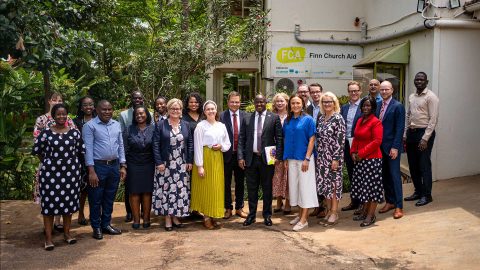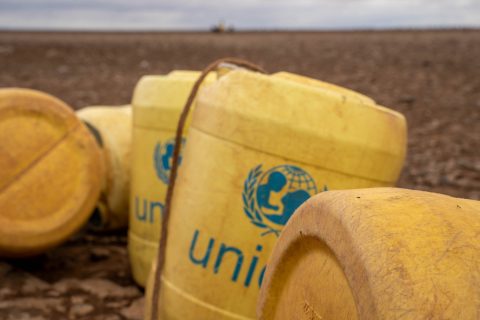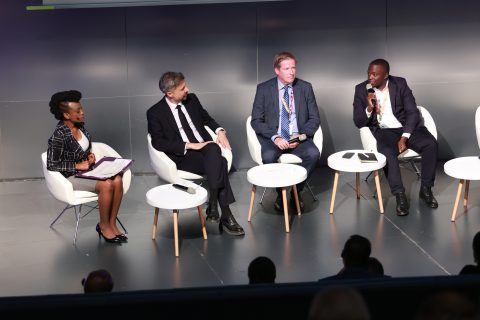Cuts in aid, reduced funding – isn’t it time to give up?
Executive Director Tomi Järvinen is leading Finn Church Aid at a time when the development and aid sectors – even the whole world – are on the brink of great uncertainty. The editorial team put Järvinen in the hot seat to respond to seven statements.
Text: Elisa Rimaila
Living and working in Finland is too far from the global south to understand fully the needs there.
Not at all. The world is so interconnected that it is no longer just a geographical or physical phenomenon; political and intellectual currents flow everywhere. People move too.
Aid organisations are currently facing such drastic cuts that at times you feel like throwing in the towel.
I understand where that feeling would come from, but that’s just not my nature. If something that’s important is challenged, it only increases my will to fight. I want to believe that if people really understood what is happening now, they would intervene. Right now, damage is being done to things that belong to us all on this planet. People who are suffering the most are people just like us – and equal to us in every way.
But certain groups of people are considered less valuable today than ever before.
That may not be a conscious thought, but it is definitely happening. When this happens, it quickly becomes an accepted pattern of behavior. Even now, we hear statements from people like Elon Musk saying that the biggest problem in politics is empathy. I completely disagree with him. If there is no empathy in politics, how can take care of issues that affect us all?
Development aid must be beneficial, preferably economically, and also for the country providing the aid.
It doesn’t have to be, but benefits will inevitably happen either directly or indirectly, quickly or more slowly. Economic benefits won’t necessarily be exponential growth, but rather a gradual improvement in living conditions and opportunities. The benefits are mutual, because we are interdependent. When developing countries are doing well, their prosperity will eventually be reflected in our own lives, and vice versa. Good development cooperation also takes this perspective into account.
People working in development want more money just so they can keep their jobs.
Certainly, some individuals have their own motives, but even if development and aid workers receive appropriate compensation for their work, that doesn’t mean their work is any less valuable to the world’s poorest people than any other work. We need professionals to ensure the quality and effectiveness of our work.
The withdrawal of the United States from international aid work should be seen as an opportunity to transform the sector into a more sustainable one.
In principle, yes, but nothing justifies ending funding so quickly. This decision will have very concrete consequences for the lives of millions of people who have the same human rights as we do. Even though the world is in turmoil, human rights have not been abolished. Cutting funding in the blink of an eye is completely inhumane.
‘Haba na haba hujaza kibaba’ is a Swahili phrase meaning “little by little, the container fills up.” During your years in East Africa, you learned Swahili so that the locals would respect you more, right?
I learned Swahili because language is the key to interaction. However, development cooperation and humanitarian aid are all about meeting people, not just sharing goods and know-how. Lasting change comes from changing values and ways of thinking. It doesn’t happen by giving instructions, but by living and sharing life.
—


